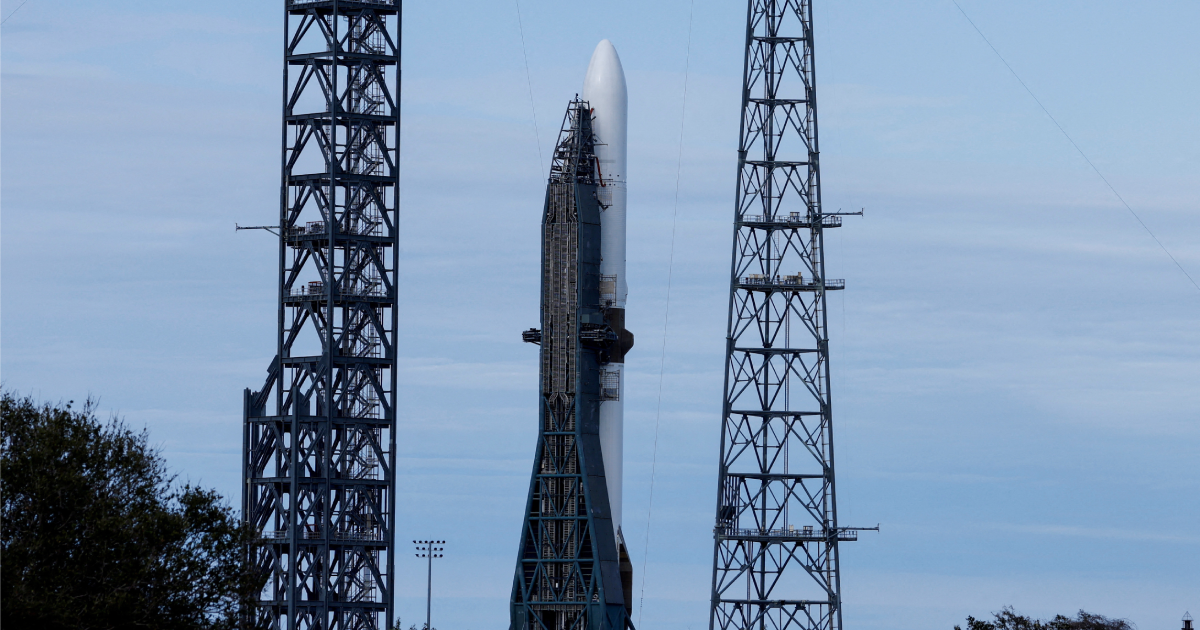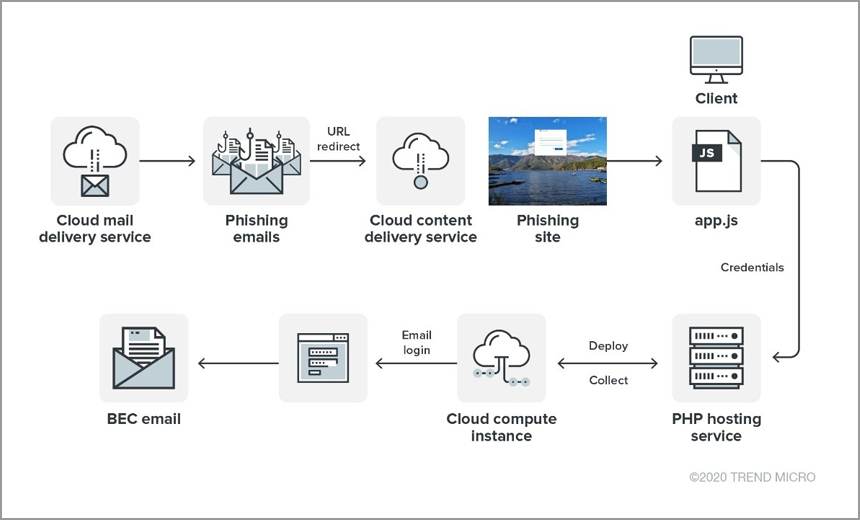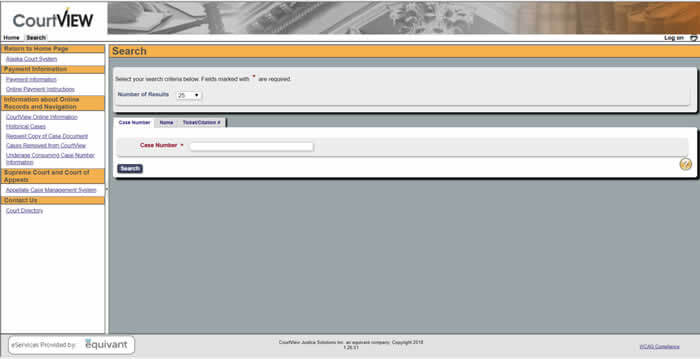Blue Origin Rocket Launch Cancelled: Vehicle Subsystem Issue

Table of Contents
Details of the Blue Origin Rocket Launch Cancellation
The cancelled launch involved Blue Origin's New Shepard suborbital rocket. The official statement from Blue Origin, released on [Date of Statement], cited a "vehicle subsystem issue" as the reason for the scrub. While the exact nature of the problem remains undisclosed pending investigation, the statement emphasized the company's unwavering commitment to safety. The mission's objective was [State the mission objective – e.g., a suborbital tourist flight carrying six passengers, or a research mission deploying scientific payloads].
- Official Statement Excerpt: "[Insert relevant quote from Blue Origin's official statement.]"
- Vehicle Subsystem Issue Explained: A "vehicle subsystem issue" refers to a malfunction in one of the many integrated systems crucial for a successful launch. This could range from a technical malfunction in the propulsion system, an equipment problem with the guidance systems, or a failure in any of the numerous other critical components. Synonyms include technical malfunction, system failure, or equipment problem.
The Impact of the Blue Origin Rocket Launch Delay
The unexpected cancellation of the Blue Origin rocket launch has significant repercussions:
- Financial Implications: Delays translate to substantial financial losses for Blue Origin and its investors, impacting projected revenues from ticket sales (if applicable) and potentially delaying future investment rounds.
- Schedule Impact: The cancellation disrupts the carefully planned schedule for future New Shepard launches, potentially delaying subsequent missions for research, space tourism, or other purposes. This delay has a cascading effect on the entire operation.
- Passenger/Researcher Impact: If the cancelled launch involved passengers or researchers, their plans are disrupted, causing inconvenience and potentially significant financial implications. This may result in the need to reschedule trips and research activities.
- Reputational Damage: While unforeseen technical issues are part of spaceflight, repeated delays or cancellations can negatively impact Blue Origin's reputation for reliability and safety.
- Comparison to Past Failures: This cancellation should be viewed within the context of Blue Origin's operational history. Examining past failures and previous delays is crucial to understanding the company’s ongoing efforts to improve reliability and mitigate risks. Analyzing past launch issues and reliability concerns can provide valuable insights into the ongoing challenges in the space industry.
Blue Origin's Response and Next Steps
Blue Origin’s response to the cancellation has been characterized by transparency (to the extent possible given the ongoing investigation), a focus on safety, and a commitment to resolving the underlying issue.
- Investigation Process: Blue Origin is undertaking a thorough investigation to determine the root cause of the vehicle subsystem issue. This process involves meticulous examination of all relevant data, analysis of system logs, and physical inspection of affected components.
- Corrective Actions: Once the root cause is identified, Blue Origin will implement corrective actions, including system upgrades, software patches, or hardware replacements, to prevent recurrence. Keywords like troubleshooting, system upgrades, and safety protocols are central to this phase.
- Reschedule Date: While a concrete reschedule date has not yet been announced, Blue Origin has indicated that they expect to announce a new launch window in the coming [days/weeks].
Analyzing the Vehicle Subsystem Issue
While specific details are limited pending the completion of the investigation, potential causes of the subsystem failure could include:
- Engine Malfunction: Problems with the BE-3 engine, or other propulsion system components, could have triggered the cancellation.
- Software Glitch: A software error could have led to the failure of critical systems or sensors.
- Sensor Failure: Inaccurate data from sensors could have resulted in incorrect readings, triggering safety protocols and leading to a launch abort.
Rigorous testing and adherence to stringent safety procedures are paramount in the aerospace industry to minimize the risk of such failures and ensure the safety of astronauts, payloads, and the overall mission success.
Conclusion: Understanding Blue Origin Rocket Launch Cancellations
The Blue Origin rocket launch cancellation highlights the inherent challenges and complexities of spaceflight. The vehicle subsystem issue, while initially frustrating, underscores the importance of prioritizing safety. Blue Origin's commitment to investigating the root cause, implementing corrective actions, and ultimately resuming launches demonstrates their dedication to both mission success and safety protocols. The impact of this delay, including financial implications and schedule disruptions, will undoubtedly be closely scrutinized, informing future launch preparations. Stay updated on future Blue Origin launches and subscribe to receive news about upcoming missions, including New Shepard updates and Blue Origin mission updates, by visiting [Link to Blue Origin's official website].

Featured Posts
-
 Sophie Nyweide Mammoth Noah Child Actor Dead At 24
Apr 24, 2025
Sophie Nyweide Mammoth Noah Child Actor Dead At 24
Apr 24, 2025 -
 Cybercriminal Makes Millions Targeting Executive Office365 Accounts
Apr 24, 2025
Cybercriminal Makes Millions Targeting Executive Office365 Accounts
Apr 24, 2025 -
 Office365 Data Breach Millions In Losses Criminal Charges Filed
Apr 24, 2025
Office365 Data Breach Millions In Losses Criminal Charges Filed
Apr 24, 2025 -
 Palisades Fire Aftermath Celebrities Home Losses Revealed
Apr 24, 2025
Palisades Fire Aftermath Celebrities Home Losses Revealed
Apr 24, 2025 -
 The Bold And The Beautiful April 3rd Recap Liams Health Crisis Following A Fight With Bill
Apr 24, 2025
The Bold And The Beautiful April 3rd Recap Liams Health Crisis Following A Fight With Bill
Apr 24, 2025
